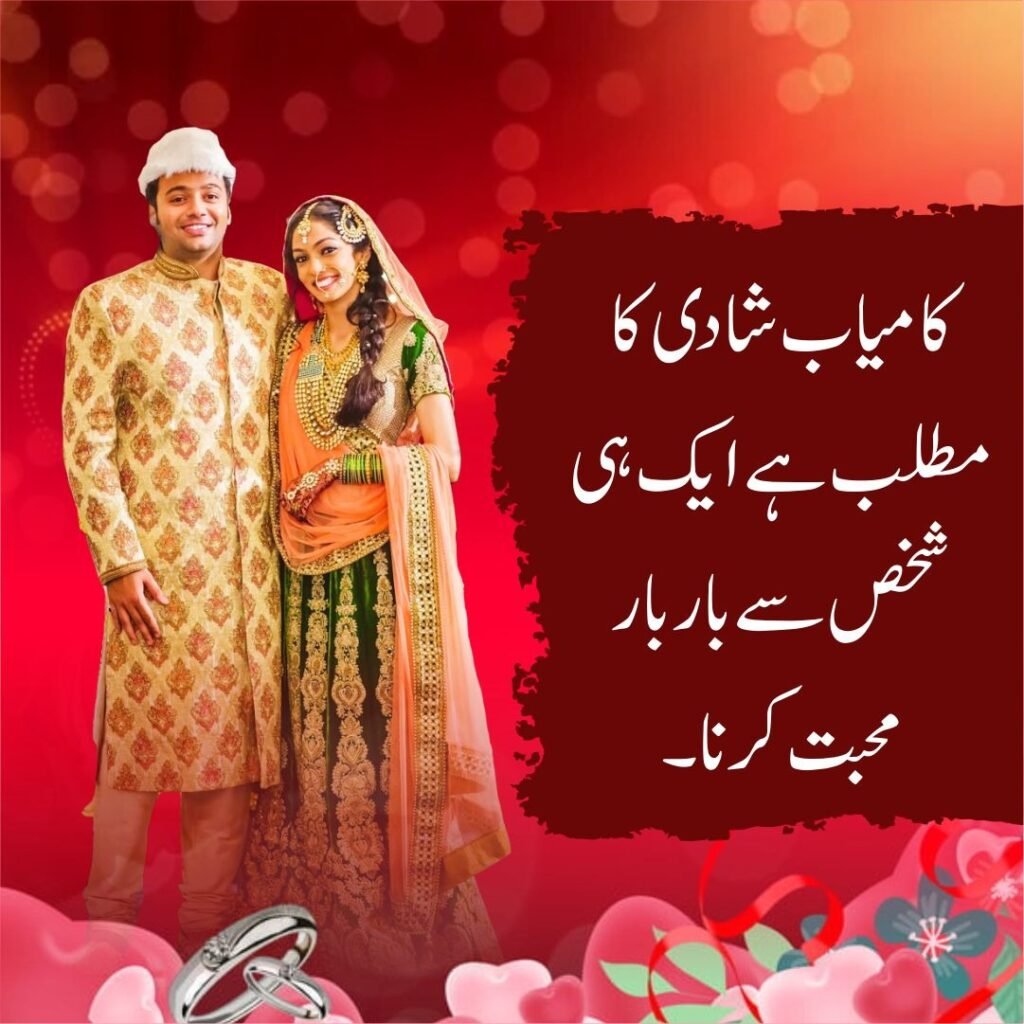Embark on a comprehensive guide to civil marriage ceremonies, unraveling the intricacies of legal unions. From understanding documentation requirements to the significance of vows, this guide navigates the legal landscape, ensuring couples embark on their marital journey with clarity and adherence to civil marriage protocols. It is an essential resource for those seeking a profound understanding of the legal aspects of matrimony.
Navigating Matrimony Legally: The Essence of Civil Marriage Services
The essence of civil marriage services lies in legally navigating matrimony, ensuring couples embark on their union with solid legal recognition. Civil marriage services encompass meticulous documentation, officiants guiding ceremonies within legal bounds, and adherence to jurisdictional requirements. This legal foundation secures the couple’s commitment and sets the stage for a resilient and recognized marital journey.
Civil Marriage Unveiled: A Comprehensive Guide to Legal Unions
Unveil the intricacies of civil marriage, delving into a comprehensive guide that illuminates the path to legal unions. This guide explores the legal framework, documentation essentials, and the significance of civil marriage ceremonies. As a beacon for couples navigating the legal landscape of matrimony, it unveils the steps required for a recognized and binding union within the bounds of the law.
Legal Unions Unveiled: The Process of Civil Marriage
Legal unions came to light through the unveiling of the civil marriage process. This elucidation encompasses the legal journey from obtaining a marriage license to exchanging vows in a civil ceremony. Understanding the process of civil marriage ensures couples traverse the legal landscape confidently, embracing the significance of a recognized and binding union under the law.
Securing Love Legally: Understanding Civil Marriage Protocols
Understanding civil marriage protocols is paramount in securing love legally. The protocols involve meticulous documentation, compliance with legal requirements, and the observance of ceremony guidelines. By comprehending these protocols, couples ensure their passion is emotionally binding and legally recognized. This understanding is a foundation for a lasting and legally secure marital commitment.
Efficiency and Legality: Advantages of Opting for Civil Marriage
Opting for civil marriage offers efficiency and legality, providing advantages to couples seeking a streamlined and legally recognized union. The efficient processes, clear legal guidelines, and the absence of religious complexities make civil marriage attractive for those prioritizing straightforward and legally binding matrimony. The advantages lie in the simplicity and legal clarity it offers.
The Role of Civil Marriage in Modern Society: A Legal Perspective
From a legal perspective, civil marriage is vital in modern society by providing a recognized and binding framework for marital unions. It symbolizes the evolution of matrimony, adapting to diverse societal structures. The legal recognition granted to civil marriages reinforces their importance in shaping the modern wedding narrative, offering a clear legal foundation for couples embracing this union.
Civil Marriage Requirements: Essential Elements for a Legal Union
Essential elements converge in civil marriage requirements, forming the foundational pillars for a legally recognized union. These requirements encompass documentation, legal compliance, and adherence to ceremony guidelines. Understanding and fulfilling these prerequisites ensures that couples enter a legal partnership, establishing the groundwork for a recognized and binding marital journey within the legal framework
Civil Marriage Records: Navigating Documentation for Posterity
Navigate the intricate landscape of civil marriage records, a testament to the legal foundations of matrimony. These records stand as enduring documentation, encapsulating the milestones of a union. Navigating this paperwork ensures couples leave a lasting legacy for posterity, with comprehensive documentation that attests to their civil marriage’s legal recognition and binding commitment.
The Legal Framework of Civil Marriage: Rights and Responsibilities
The legal framework of civil marriage intricately defines the rights and responsibilities of spouses. This comprehensive structure outlines the legal obligations and entitlements, creating a framework that ensures equity and fairness within the marital bond. Understanding this legal context fosters a foundation where couples clearly navigate their union, embracing the rights and responsibilities inherent in civil matrimony.
Civil Marriage Trends: Tracking Changes in Matrimonial Practices
Track the evolving landscape of matrimony through civil marriage trends, revealing shifts in matrimonial practices. From changing ceremony dynamics to innovative legal considerations, these trends mirror societal transformations. Couples navigating civil marriage can benefit from staying attuned to these trends, ensuring they embark on their union with an awareness of the evolving landscape and contemporary practices.
The Evolution of Civil Marriage: From Tradition to Modernity
Witness the evolution of civil marriage as it gracefully transitions from tradition to modernity. This transformative journey captures the essence of matrimony adapting to societal changes. Once rooted in tradition, civil unions now embrace modern values and legal nuances, marking a harmonious blend of heritage and contemporary perspectives. The evolution reflects a dynamic matrimony that resonates with the pulse of societal progression.

Some Usefull Links
- Online Nikah
- Online Shadi
- Pakistani Nikah Nama
- Online Nikah in Pakistan
- NADRA Marriage Certificate
- Online nikah & Marriage Documents
- Online Nadra Marriage Certificate
- English Nikah Nama Form
- Online Marriage in Lahore
- Online Marriage in Urdu
- Court Marriage in Pakistan
- Online Shadi in Pakistan
- Online Nikah nama Form
- NADRA Marriage Certificates
- Court Marriage Procedure
- Nikah Khawan Services
- Court Marriage & Nikah
- Court Marriage Law
- Court Marriage & Civil Marriage
- Nikah Khawan
- Online Marriage in Pakistan
- Online Nikah Service For Overseas Pakistanis
- Online Nikah in Islam
- Is Online Marriage Valid?



Explore the implications of civil marriage within family law, shaping the dynamics for spouses and children. The legal framework surrounding civil matrimony extends to family structures, outlining rights, obligations, and the legal standing of children within the union. A nuanced understanding of these implications ensures that families navigating civil marriage do so within the parameters of established legal norms.
Civil Marriage and Gender Equality: A Progressive Approach
Civil marriage champions a progressive approach to gender equality within matrimony. The legal framework of civil unions dismantles gender-based disparities, fostering an environment where rights and responsibilities are shared equitably between spouses. This progressive ethos reflects a societal shift towards inclusivity and equality, positioning civil marriages at the forefront of promoting fairness within marital bonds.
Civil Marriage Officiants: Understanding the Role of Celebrants
Understand the pivotal role of celebrants as civil marriage officiants, guiding couples through the legalities of matrimony. These officiants serve as legal facilitators, ensuring ceremonies adhere to legal requirements. Recognizing the importance of their role enhances the sanctity of civil marriages, as couples entrust celebrants with the responsibility of uniting them within the parameters of the law.
Civic Ceremonies: Exploring Different Approaches to Civil Marriage
Embark on exploring civic ceremonies, revealing diverse approaches to civil marriage. The canvas of civil matrimony is broad, allowing for traditions ranging from intimate gatherings to grand celebrations. Exploring these varied approaches enables couples to personalize their civil marriage experience, creating a practice that aligns with their unique preferences and the legal framework of their union.
Civil Marriage Around the World: A Global Perspective
Gain a global perspective on civil marriage, observing how this legal framework for matrimony varies across countries and cultures. Civil marriage practices encapsulate the diversity of international matrimonial norms, showcasing the adaptability of this legal framework to different societal contexts. Understanding this international panorama enriches the narrative of civil marriage, highlighting its role as a universal legal foundation for marital unions.
Civil Marriage and Name Changes: Legal Considerations for Couples
Legal considerations accompany name changes in civil marriage. Couples contemplating this change must navigate legal protocols, ensuring a seamless transition. Understanding the intricacies of this process aligns the personal choice of a name change with legal formalities, allowing couples to embrace this aspect of matrimony within the bounds of the law.
Civil Marriage Rituals: Honoring Tradition within Legal Bounds
Honoring tradition within legal bounds, civil marriage rituals weave a tapestry of cultural richness. Couples engage in ceremonies that blend tradition with legal guidelines, creating meaningful patterns celebrating their union. These civil rituals represent a harmonious balance between heritage and contemporary legality, marking the matrimony with cultural significance and legal recognition.
Civil Marriage and Prenuptial Agreements: Protecting Assets and Rights
Safeguarding assets and rights, civil marriage allows couples to enter into prenuptial agreements. These legal documents outline asset distribution and spousal rights, providing clarity in case of separation. The option for prenuptial agreements within civil marriages exemplifies the legal foresight available to couples, offering a tool for protecting individual assets and preserving rights within the bounds of the law.
Navigating Civil Marriage Laws: Jurisdictional Considerations
Navigating civil marriage laws involves careful consideration of jurisdictional nuances. Couples must understand the legal variations across regions, ensuring compliance with local laws. Jurisdictional considerations play a pivotal role in the validity and recognition of civil marriages, emphasizing the importance of aligning matrimonial practices with the specific legal landscape of the chosen jurisdiction.


Witnessing the Legal Process: The Role of Witnesses in Civil Marriage
Witnesses play a crucial role in the legal process of civil marriage, attesting to the union’s authenticity. Their presence during the ceremony is a legal requirement, confirming that the marriage adheres to legal guidelines. The role of witnesses ensures the legitimacy of the civil marriage, adding a layer of legal formality to the ceremonial commitment.
Civil Marriage and Name Changes: Legal Considerations for Couples
A second mention emphasizes the legal considerations surrounding name changes in civil marriage. This repetition underscores the significance of understanding the legal implications when couples decide to change names, stressing the need for informed decision-making and adherence to legal protocols in this aspect of matrimony.
Civil Marriage Records: Navigating Documentation for Posterity
Navigating documentation for posterity, civil marriage records stand as a comprehensive archive of the union. Couples must ensure meticulous paperwork handling, understanding that these records serve as a testament to their legal commitment. Navigating the documentation process guarantees that a comprehensive and accurate history is preserved for posterity, encapsulating the legal essence of the marriage.
Contact today for Court marriage!
Online Marriage is a growing trend where couples meet and marry through digital means, such as dating websites, social media, and matchmaking apps. It is becoming more common as technology advances, and people seek alternative ways to find love and companionship.
Civil Marriage Officiants: Understanding the Role of Celebrants
Understanding the vital role of celebrants as civil marriage officiants adds depth to the legal solemnization process. Celebrants serve as legal conduits, guiding couples through ceremonies within legal bounds. Their understanding of legal intricacies ensures that civil marriage officiants contribute to the sanctity and legality of the union, embodying the responsibility of uniting couples within the parameters of the law.
Jurisdictional Considerations: Navigating Civil Marriage Laws
Jurisdictional considerations reiterate the importance of navigating civil marriage laws with an awareness of legal variations. This repetition emphasizes the need for couples to understand the legal landscape specific to their chosen jurisdiction, ensuring compliance with local laws. Jurisdictional considerations are pivotal in securing the validity and recognition of civil marriages, emphasizing the significance of aligning matrimonial practices with the specific legal nuances of the jurisdiction.
Civil Marriage and Social Trends: Adapting to Evolving Norms
Civil marriage adapts to evolving social norms, reflecting a dynamic response to changing societal values. This evolution ensures that civil marriages remain relevant and inclusive, mirroring the contemporary landscape of matrimony. The legal foundation of civil marriage aligns with and contributes to the ongoing adaptation of social trends, positioning this form of wedding as a flexible and progressive legal framework.
